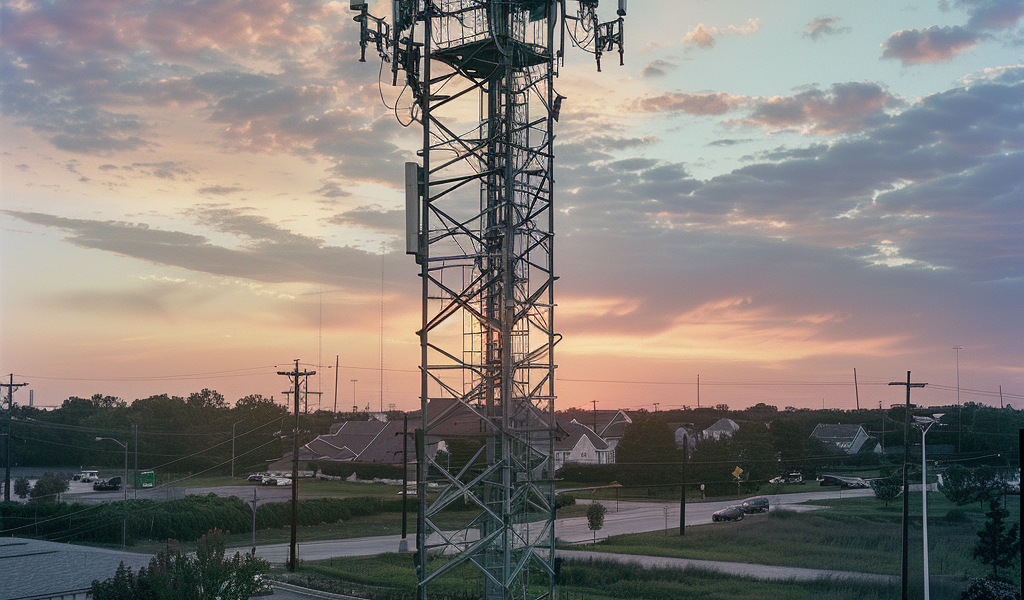Verizon Communications is reportedly in advanced negotiations to divest a significant portion of its mobile phone tower assets to Vertical Bridge, a prominent player in the digital infrastructure sector. According to sources cited by Bloomberg News, the deal could be finalized imminently, potentially as early as Monday.
This transaction involves the sale of 6,339 mobile towers, with the total valuation estimated at approximately $3.3 billion. Such a move is indicative of Verizon’s ongoing strategy to optimize its asset portfolio while simultaneously ensuring operational continuity.
As part of the proposed agreement, Verizon is expected to enter into a decade-long leaseback arrangement with Vertical Bridge. This would allow Verizon to continue utilizing the towers for its operations while effectively monetizing these assets. Moreover, the agreement may include options for extending the lease term for up to 50 years, providing Verizon with flexibility in managing its infrastructure needs over the long term.
Both Verizon and Vertical Bridge have yet to respond to inquiries regarding the potential deal. This lack of comment from the companies is not uncommon during ongoing negotiations, as both parties may be keen to finalize terms before making any public announcements.
The move to sell off tower assets is part of a broader trend in the telecommunications industry, where companies are increasingly looking to streamline operations and focus on core business areas. By selling these towers, Verizon can generate substantial capital that can be reinvested in other strategic initiatives, including enhancing network capabilities and expanding service offerings.
Vertical Bridge, on the other hand, has been actively expanding its portfolio of communication infrastructure. The acquisition of Verizon’s towers would further solidify its position in the market and enhance its ability to provide services to a growing number of telecommunications providers.
This potential transaction is not only significant for the companies involved but also for the broader telecommunications landscape. As mobile data consumption continues to rise, the demand for robust infrastructure becomes increasingly critical. The sale and leaseback model allows Verizon to maintain operational control while benefiting from the financial advantages of divesting physical assets.
Industry analysts are closely monitoring the developments surrounding this deal, as it could set a precedent for similar transactions in the future. As companies like Verizon seek to adapt to the rapidly changing technological environment, strategic asset management will become a key focus.
In addition to the financial implications of the deal, there are potential operational impacts to consider. Leasing back the towers may provide Verizon with the necessary infrastructure to support its ongoing network expansion and improvements, ensuring that it remains competitive in a crowded market.
As the telecommunications sector evolves, the importance of strategic partnerships and asset management cannot be overstated. The outcome of this negotiation will be watched closely by stakeholders across the industry, as it may influence future investment strategies and operational models.
In conclusion, while the specifics of the deal remain under wraps, the potential sale of Verizon’s mobile towers to Vertical Bridge represents a significant shift in the telecommunications landscape. As both companies navigate this complex negotiation, the implications for their operations and the industry as a whole will be profound.





